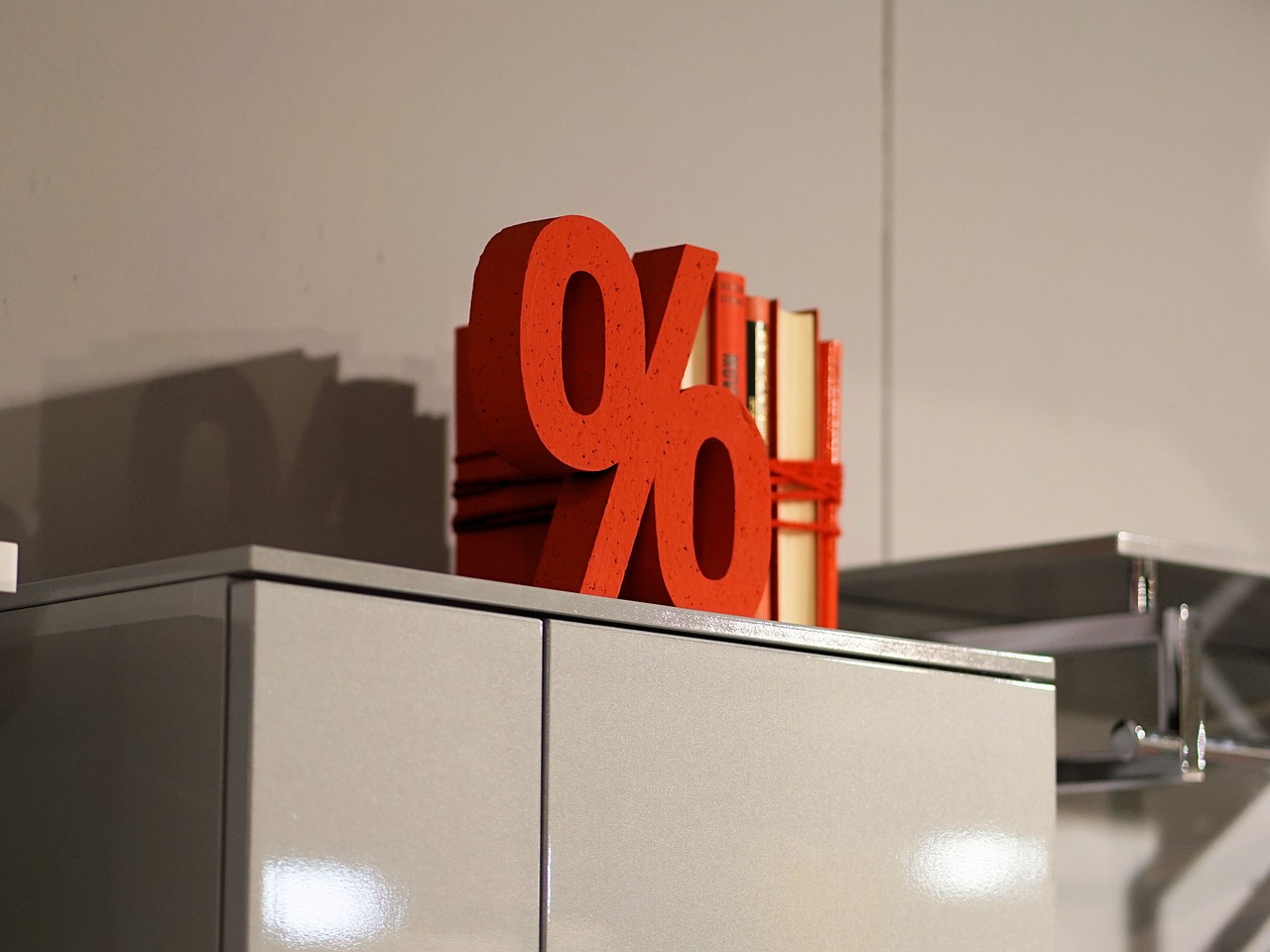Sellers beware the lure of Groupon
Heard of Groupon? If you haven’t yet, you probably will soon. Actually, let us fill you in. It’s fast-growing in popularity among consumers as a great way of getting fantastic deals at bargain prices.
Groupon boasts up to 90% off on anything from restaurants and spas, to sporting events and cinemas. As a sales technique, this discounting scheme is great. We heard one friend boast that she had managed to secure a cut-price driving experience day for her husband’s birthday; another was delighted to have a spa day with a friend, lunch included, for £15 each.
So what’s the catch? Well, none at all if you’re a consumer. Who wouldn’t be attracted to the deals that Groupon has to offer, especially in these cash-strapped times. It’s really sellers who need to proceed with caution, as more and more stories are emerging of businesses which have rushed in with their bargain offers and paid the price. They need to be sure this is the sales technique for them, before taking the plunge.
Take the case of cake maker Rachel Brown, who offered subscribers 12 cupcakes - normal price £26 - for £6.50, a discount of 75 per cent, and expected a few extra orders. But her small business, Need A Cake, near Reading, was overwhelmed by the response. Need A Cake, which employs eight people, had to bring in agency staff who worked into the early hours to meet the huge upsurge in demand. Her business made a loss of £2.50 per order and paid £12,500 for the extra costs of staff and distribution, wiping out her profits for the whole year. She said: “Without doubt, it's the worst ever business decision.”
And what about poor publican Chris Harman, from Berkshire, who for six months has had a packed pub, full of customers with Groupon vouchers – sounds a good sales technique, until you hear what happened. For each person, he is taking a meager £5.50 a head for food (glass of wine included), serving daily some 750 customers. “I am exhausted,” he said. “Everyone in the trade is struggling as it is, but what has happened to us has ruined our whole year. I wouldn’t wish it on our worst enemy.”
The system works like this: subscribers buy a voucher from the Groupon website, and the US-based company uses collective buying power to negotiate bargain-bucket prices with retailers, which become available only if a minimum number of people sign up. Even though Groupon takes up to half the price of the vouchers, the businesses which participate do so in the belief that it will help them gain new custom, or sell extra goods – in other words, a discounting sales technique.
The problem is, businesses which come a cropper with Groupon haven’t properly thought through their strategy. There’s nothing wrong with offering discounts and Groupon can be a massively successful channel to new customers; it’s a great way of getting in new customers who may come back and buy again. Even if they are buying something at less than cost (as in the case of Mrs Brown’s cakes) they may buy add-ons which makes it worth the retailer’s while. Supermarkets do this all this time, with different loss leaders which bring in customers and, ultimately, make people buy more.
Groupon does work for the more canny business person. For example, Charlene Wilson and her husband John used Groupon to promote their plumbing business when they moved to Aberdeen and wanted to attract customers. They discounted their boiler service by 61 per cent, offering it at £39, of which they kept £15.60. In all, 300 people took up the offer. Mrs Wilson admits they made very little money out of the Groupon promotion, but it achieved its aim of bringing in new customers.
Similarly, Revolve studios based in Cheltenham and Cardiff has run Groupon offers of reduced photo packages. They work both as a PR exercise – i.e. raising the company’s profile – and make money, because customers often go on to buy additional prints.
The lesson from this is clear: before a business makes any discount offer, it need to take into account a number of factors:
- What is the purpose of the offer
- What sort of offer will appeal to people
- How many will take it up (if it’s too popular, it could end up costing too much - what limits can you set in place?)
- What will it cost in terms of raw materials plus time and effort? Can you cope?
- What added value will it bring, in terms of PR and add-on sales
These fundamental principles must be at the basis of any pricing strategy or offer, to ensure the exercise achieves what it set out to and has a measurable return on investment.
Pricing strategy is just one area which can help businesses boost their sales. If you want to improve results from more effective marketing and sales activities then
please get in touch if you’d like some advice. In the meantime, don’t be put off Groupon – just go into it with eyes open and a well thought out plan


.jpg)
